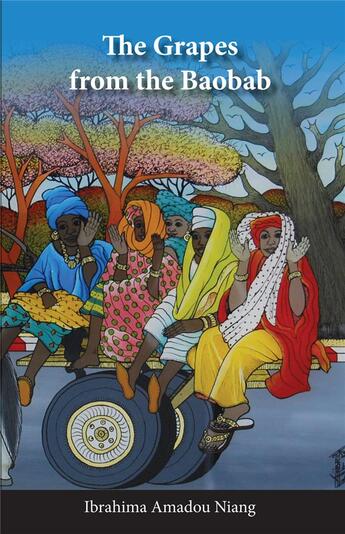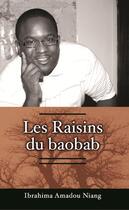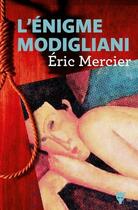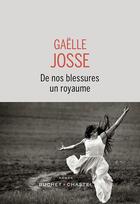-
Date de parution : 09/01/2017
-
Editeur :
Amalion
-
EAN : 9782359260694
-
Série :
(-)
-
Support :
Papier
Résumé:
"How could I have lived and worked in the presence of the brilliant and caring young man called Ibrahima Amadou Niang (we called him Ibou, in great affection) and not know that I was rubbing shoulders with a great young poet? Because we talked about everything except the essential? Now the... Voir plus
"How could I have lived and worked in the presence of the brilliant and caring young man called Ibrahima Amadou Niang (we called him Ibou, in great affection) and not know that I was rubbing shoulders with a great young poet? Because we talked about everything except the essential? Now the essential is here in these fierce and moving and often haunting poems speaking of love and travels and sadness and compassion - for people and for pelicans! - and sometimes of anger. The love is deep and nuanced, the way with words is scintillating and apt and impressive way beyond what one would expect from a young wordsmith, and the anger can only be that of a profoundly committed poet. I am privileged to have seen these poems and to be allowed to say: I know this man. His heart is strong and nimble. He does pride to his ancestors. He takes his place among the finest voices of his country. And be sure - he will go far." - Breyten Breytenbach, author of Windcatcher (2007).
Donner votre avis















